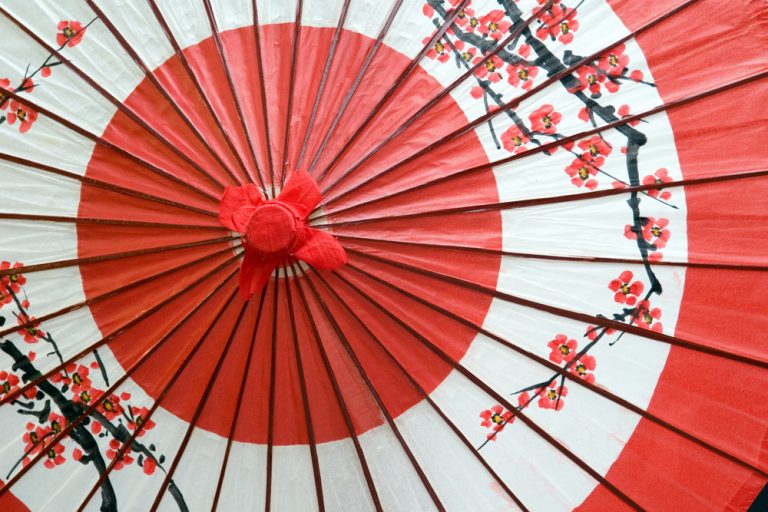Anecdote 12: 亀の競争 (The Turtle Race)
夏休み、田舎の祖父母の家に遊びに行った。大きな池があって、「ここには亀がいるんだ。」とお爺さんが教えてくれた。
ある日、「どの亀が一番速く歩くか、競争しよう!」と提案された。私は元気な亀を選び、「この亀が勝つはずだ!」と自信満々だった。そして、レースが始まった!
亀がゴール出来るように、みんな応援した。しかし、亀はなかなか進まなかった。「思ったより遅いな…。亀は速く走ることが出来るだろうか?」そう思っている間に、お爺さんの亀がゴールしてしまった。
もし最初にもっと軽い亀を選んでいれば、勝ってたかもしれない。でも、最後まで頑張ったから、後悔はしない!「また次の機会があれば、勝ちたい!」そう言って、再戦を約束した。
Grammar Used:
- そして (and then; also; furthermore)
- はずだ (should be, expectation)
- なかなか~ない (not easily ~, difficulty)
- そう思っている間に (while thinking so)
- ば (if, conditional form)
そして
Meaning: And then; Also; Furthermore (Used to connect sentences and show sequence)
Formation:
- Sentence 1 + そして + Sentence 2
Examples:
朝ご飯を食べました。そして、学校へ行きました。
(I ate breakfast. Then, I went to school.)
この映画は面白かった。そして、とても感動した!
(This movie was interesting. Also, it was very touching!)
Sentence from Anecdote:
❝ そして、レースが始まった!❞
(And then, the race started!)
Notes:
- Used to connect sentences logically.
- Similar to それから, but そして is often used to connect ideas smoothly, while それから is more about order.
はずだ
Meaning: Should be ~; Expected to be ~ (Expresses expectation or logical assumption)
Formation:
- Verb (plain form) + はずだ
- い-adjective + はずだ
- な-adjective + な + はずだ
- Noun + の + はずだ
Examples:
彼はもう家に着くはずだ。
(He should have arrived home already.)
このテストは簡単なはずだ。
(This test should be easy.)
Sentence from Anecdote:
❝ この亀が勝つはずだ! ❞
(This turtle should win!)
Notes:
- Used when something is expected to happen based on logic or experience.
- The negative form はずがない means “there’s no way ~” (彼が負けるはずがない → There’s no way he would lose!).
なかなか~ない
Meaning: Not easily ~; Takes time to ~ (Expresses difficulty in achieving something)
Formation:
- なかなか + Verb (negative form)
Examples:
日本語はなかなか上手にならない。
(Japanese is not easy to get good at.)
バスがなかなか来ない。
(The bus is not coming easily.)
Sentence from Anecdote:
❝ 亀はなかなか進まなかった。 ❞
(The turtle didn’t move easily.)
Notes:
- Can be used positively (e.g., なかなか面白い! → “Surprisingly interesting!”), but when used with ない, it expresses difficulty or slowness.
そう思っている間に
Meaning: While thinking so ~ (Describes an event that happens while another thought or action is occurring)
Formation:
- そう思っている間に + Sentence
Examples:
宿題をしようと思っている間に、友達が遊びに来た。
(While I was thinking about doing my homework, my friend came over.)
ぼーっとしている間に、電車が行ってしまった!
(While I was spacing out, the train left!)
Sentence from Anecdote:
❝ そう思っている間に、お爺さんの亀がゴールしてしまった。❞
(While I was thinking so, Grandpa’s turtle reached the goal!)
Notes:
- This structure is used to show that something unexpected happens while you’re thinking about or doing something else.
- Similar to ~ている間に, but そう思っている間に specifically focuses on thoughts.
ば
Meaning: If ~ (Used to express a hypothetical condition)
Formation:
- Verb (ば-form) + Sentence → If (action), then (result)
- い-adjective (~い → ければ) + Sentence
- な-adjective / Noun + なら(ば)+ Sentence
Examples:
もっと練習すれば、テニスが上手になる。
(If I practice more, I will get better at tennis.)
安ければ、この服を買います。
(If it’s cheap, I will buy this clothing.)
Sentence from Anecdote:
❝ もし最初にもっと軽い亀を選んでいれば、勝ってたかもしれない。❞
(If I had chosen a lighter turtle first, I might have won.)
Notes:
- Stronger than たら, which is more common in spoken Japanese.
- Often used in hypothetical or regretful statements.

